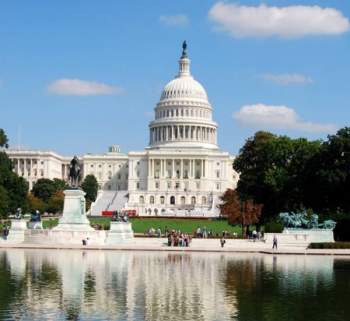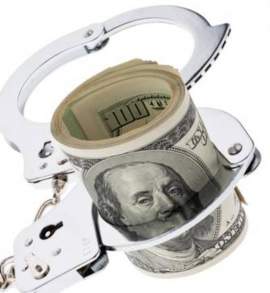
Political Adaptation of Bait and Switch Tactics

The world of politics uses advertising much like any other marketing campaign uses advertising. Whether individuals up for election or specific policies are being "sold" to the greater public, just because no formal political bait and switch definition exists does not mean that the idea behind such bait and switch ploys is strictly limited to the selling practices of retail establishments and large manufacturers. In fact, the undeniable connection between politics and advertising should make the smooth translation of the bait and switch definition into politics come as no surprise. In the same way that stores lure in customers with the prospect of a low-priced product, or some companies lure in prospective job applicants by using bait and switch tactics to mislead those individuals with generalized working conditions, pay scales, or benefits packages, politicians and lawmakers also tend to suggest only the most basic of legislative changes in order to first gain support, and once support is gained, only then are specifics of those changes relayed. While perhaps not as directly apparent as a bait and switch scheme in a car dealership, bait and switch fraud as a form of deception has naturally been adapted into the political process. Some will argue, of course, that change in politics is inevitable. Bills proposed one year will naturally evolve with the dawn of a new year and the societal developments and economic changes which occur throughout it. Others, however, will contest such a notion by saying that omitting the exact implications of legislation in hopes of getting legislation passed under any means necessary, even if that means withholding crucial information, is unacceptable political fraud. Specifically, so-called "caption bills," which suggest seemingly minor legislative changes with very broad titles in order to first pass the bill- this is considered the "bait"- but are later completely changed once the bills have been approved- this is considered the "switch"- have proven to be the main areas of criticism regarding bait and switch practices within politics. In recent times, for instance, many have adapted the bait and switch definition into President Obama's 2010 health care bill, bringing up the point that upon signing, the bill itself was barely recognizable in relation to the health care reform he heralded during the course of his presidency campaign; a very subtle and very debatable political bait and switch, but one which has nonetheless gained such a label. The truth of the matter is, though, that the number of bills in the span of American history which have similarly used such political bait and switch practices would make the ploy seem like a fairly normal political practice. Lawmakers would argue that, in many ways, nothing is as it initially seems. Much like the bait and switch definition applied to retail, it is an accepted practice which often goes unnoticed, almost always with no repercussions.


















